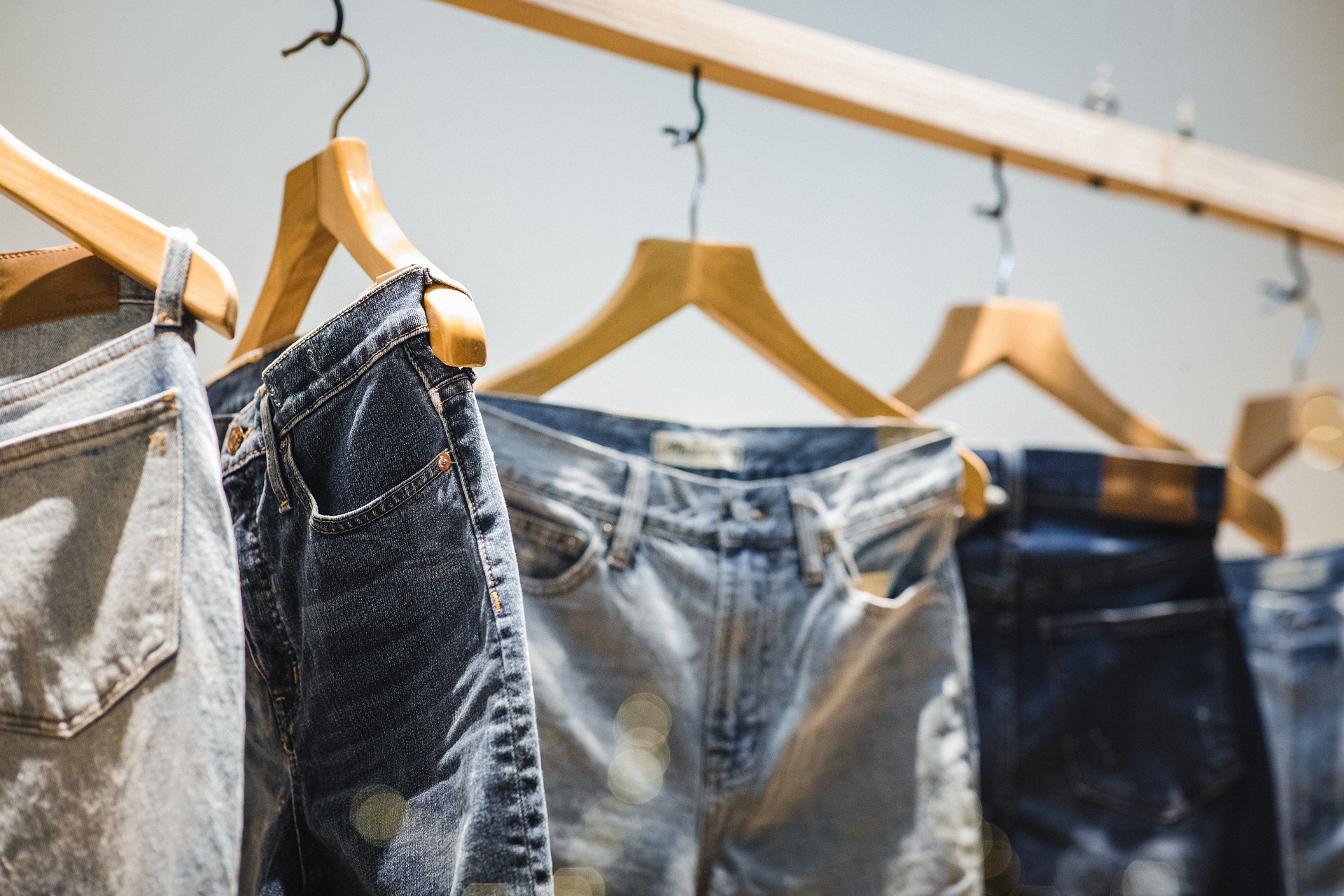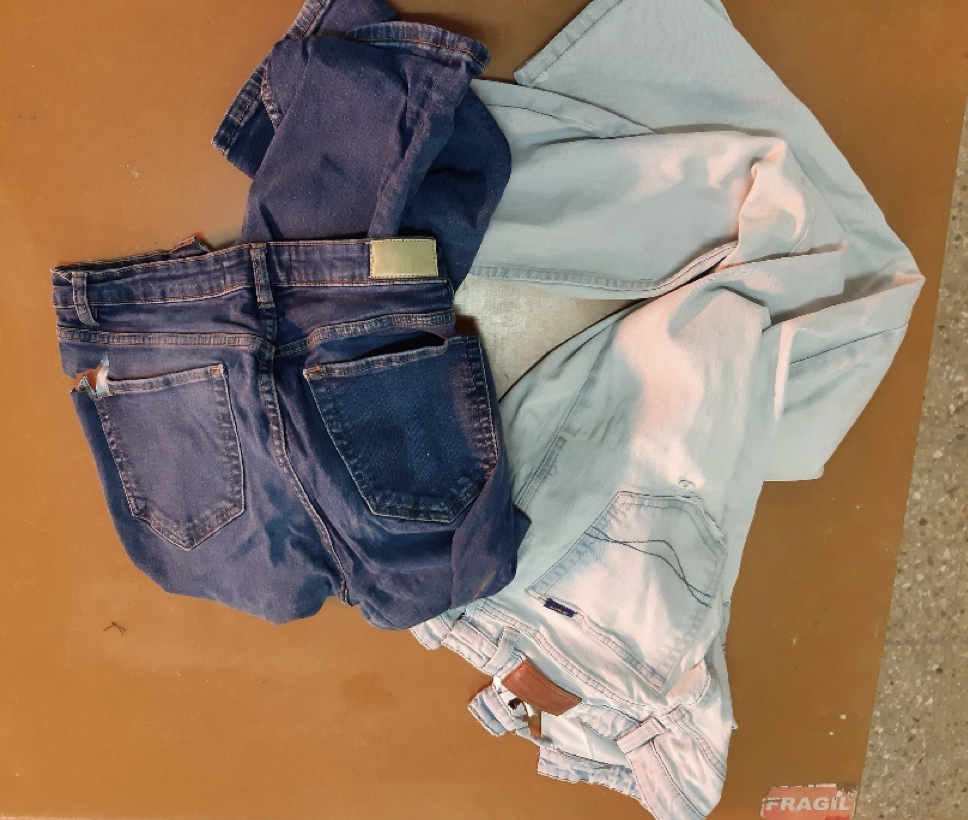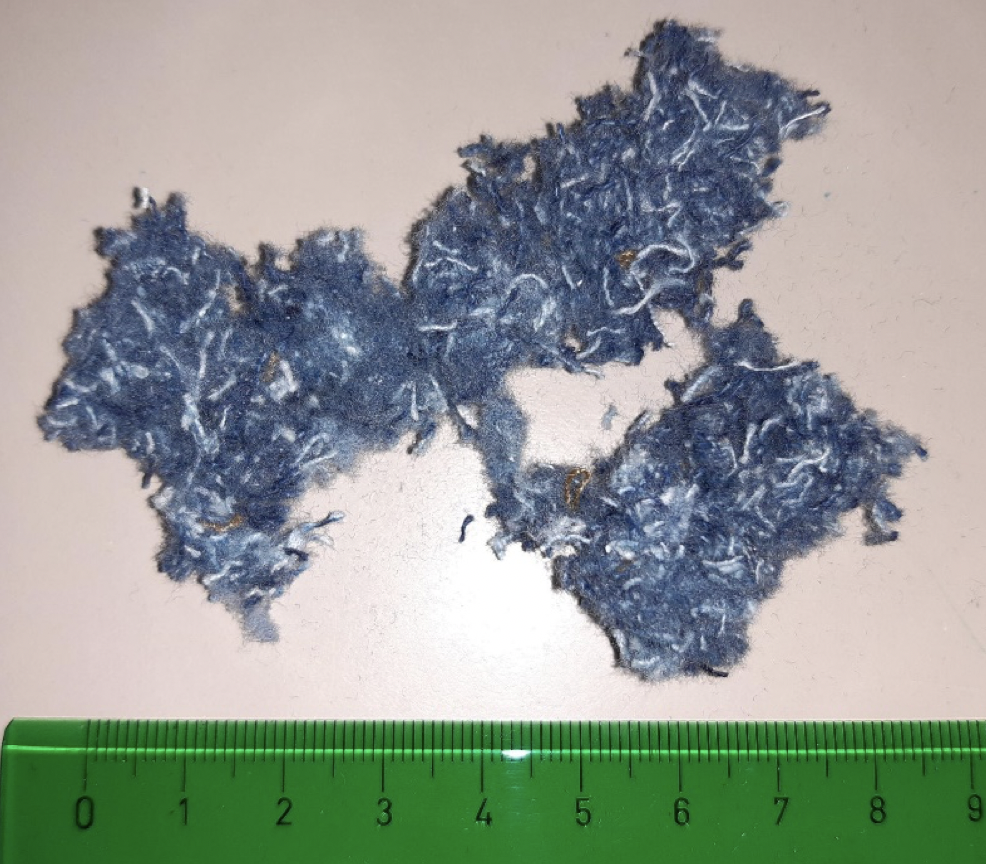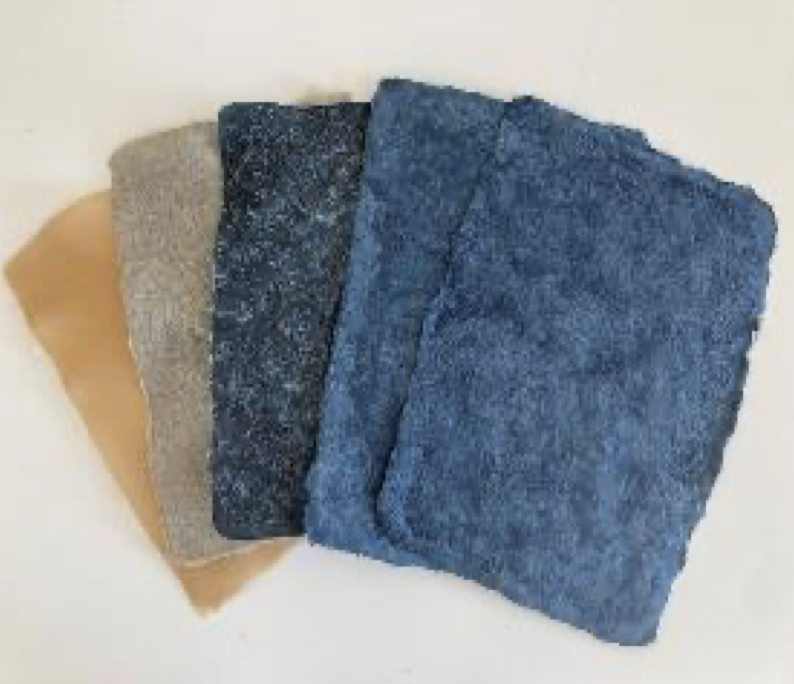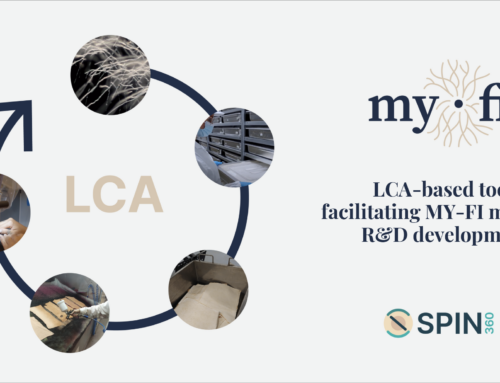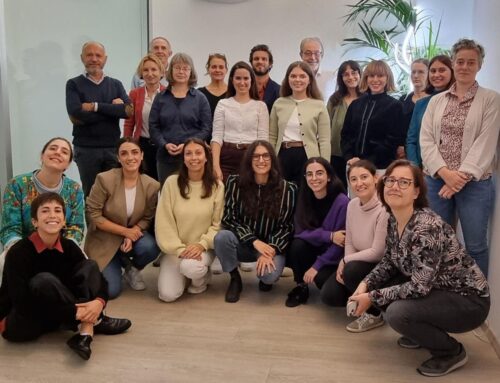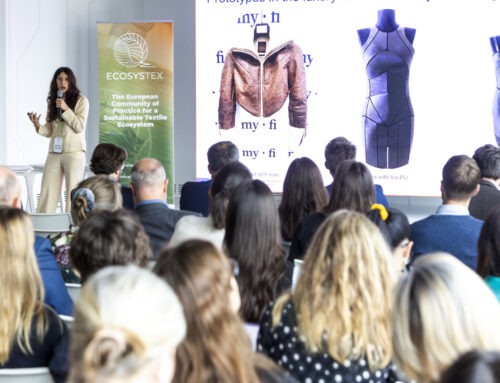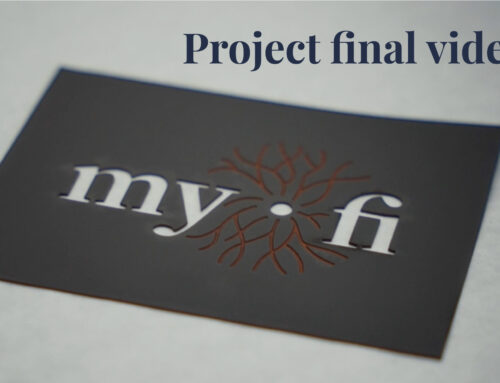Textiles are part of our daily life in many applications, such as clothing, upholstery, geotextiles, automotive, medicine, composite. The complexity of the textile industry has a significant environmental, climate and social impact due to the use of resources, water, land, chemicals and the emission of greenhouse gases and pollutants.
Consumption trends changed towards fast fashion, that promotes the consumption of cheap items, constantly renewing collections and introducing the concept of obsolescence: the consumer needs to buy more items and discard the previous ones to be fashionable.
Studies show that people purchase 60% more clothing and keep it for half as long compared to 15 years ago, with an average of 3 years of garment lifetime [1], generating a large amount of waste that in most cases ends up in landfills.
In the EU, approximately 2.2 million tons of textile municipal solid waste was generated in 2018; it accounts for 0.64 million tons of post-consumer cellulosic textile waste that can be recycled.
MY-FI is providing new bio-based textiles, based on myco-fibres, that meet the market demand for sustainable high-quality and functional textiles.
Mycelium biomass needs a lignocellulosic substrate, in addition to other trace nutrients to grow, provided by side streams of agroindustry.
MY-FI is evaluating the uptake of textile residues as substrates, to upcycle them and foster circularity within the fashion industry.
[1] Quantifying apparel consumer use behavior in 6 countries: Addressing a data need in life cycle assessment modeling. JTATM Volume 11, issue 1, 2019.
